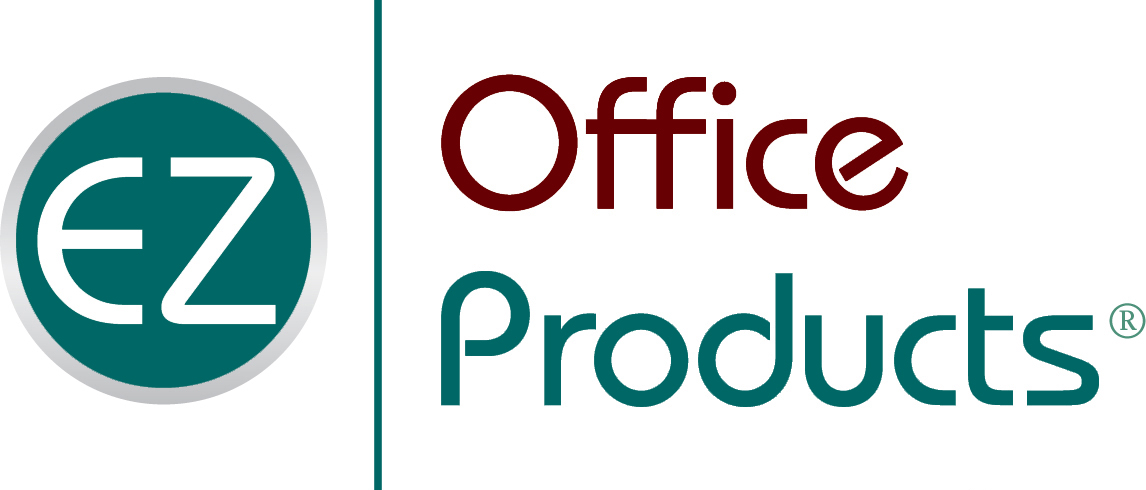Arm yourself with these online safety tips to protect your company from internet security risks.

If you store or access business data online, you’ll want to think about cybersecurity. Why? Because there’s an ever-growing amount of data breaches, malware, phishing, and credit card fraud directed right at companies like yours and ours. In today’s digital age, it’s crucial to practice online safety to protect confidential customer and business data. Find out how you can protect your business from online scams with these seven tips:
- Perform a recurring security audit
- Confirm firewall security
- Revamp your password strategies
- Get educated
- Recognize the signs of fraud
- Complete software updates
- Backup data regularly
Learn more about each of these online safety tips for businesses below.
Perform a recurring security audit
It can be difficult to know how to safeguard your business from online fraud if you aren’t aware of the problem areas. A recurring security audit helps determine where weak points exist in your security protocol. If you’re not tech-savvy, certain tools can make it easier. For instance, follow a digital security checklist to ensure your company is equipped to prevent, handle, monitor, and respond to any threats. This checklist may include:
- Firewall protection
- Virus and spyware detection
- Only trustworthy people with access to sensitive digital data
- Encryption (and re-encryption) strategies
- Protocol for disposing of old computing equipment
Regardless of how overwhelming the audit results may be, it’s worth the time and effort. Many security experts agree that understanding where you are today can help protect your company and clients in the future.
Confirm firewall security
Protecting your business from online scams starts with ensuring that you have a firewall, or barrier, between internal and external networks. A firewall is a set of programs that prevents people outside your business from accessing data on your private network. Make sure the operating system’s firewall is enabled on all company devices or install free firewall software from the internet. If you work from home, you’ll want to make sure that your home system is also protected.
Is your firewall doing its job? Test it here.
Revamp your password strategies
Unsecure and weak passwords make it easy for hackers to gain access to important online accounts. This tip for protecting your business from online scams starts with setting strong passwords. Don’t make the common mistake of easy-to-remember logins, such as 123456 or password. The best – and strongest – passwords:
- Have a minimum of 12 characters
- Include numbers, symbols, capital & lower-case letters
- Is not a word you can find in the dictionary
- Don’t include obvious substitutions, like the number “0” for the letter “o”
One source we checked recommended a playful suggestion: smash your fingers against the keyboard to come up with a fraud-resistant password. We tried it, and we came up with this: wj&orne(or043jr093. While the password is strong, the site did caution that this method doesn’t make it easy on your memorization skills. Instead, check out these password generating hints that deter scammers, but also stays in your head.
In addition to creating strong passwords, avoid sharing passwords and using the same one across accounts. To keep track of your login information, consider using a password manager like Keeper, LastPass, or another of these CNET-approved suggestions.
Lastly, you may also consider changing your email and other account passwords every month or quarter and enabling two-factor authentication. This two-step security feature requires you to enter the password and a temporary access code from an email or text to gain access to an account.
Get educated
Education is another important factor when determining how to protect your business from online scams. A company-wide training session could help you and your colleagues better understand the dangers of online scams, as well as the signs to look for (more on this below). Look for Madison-area companies that offer cybersecurity training for businesses. Arming yourself and your team with guidelines on how to handle and protect customer information and other vital business data is yet another critical step in your cybersecurity efforts.
Watch for signs of fraud
Look for signs of internet fraud schemes that the FBI has identified from several high-profile methods, including:
- Unauthorized wire transfers of funds using compromised business email addresses
- Leaks or spills of secure information to untrusted sources
- Malicious interruption of an authorized user’s access to a system or network
- Installation of malware software intended to damage or disable systems, sometimes requiring a ransom to remove the virus
- Dissemination of forged emails, often deceiving the recipient into releasing sensitive information like credit cards, account numbers, or passwords
- Denial of availability of critical data or systems, often requiring a ransom to regain access
While it’s not always easy to detect these scams before it’s too late, you can look for clues that indicate something might be wrong. Avoid emails and digital communications with egregious spelling and grammar mistakes, an unwarranted sense of urgency (e.g., you must do this right now, or something terrible will happen), threatening messages, and strange or unusual attachments.
Complete software updates
Outdated apps and software create vulnerability points in your systems that attract hackers. When you receive a notice that a new version of your programs is available, experts recommend installing these software updates and other patches on your devices.
Backup data regularly
Our last tip on how to protect your business from online scams is to keep routine backups of your data, including documents, spreadsheets, databases, and other essential files. Store these backups offsite or in the cloud so that if something happens, you’ll be able to restore your system. Depending on how much data and information your business processes, you may want to set up automatic backups every week or even more often.
These cybersecurity tips can help you protect your business from online scams and other forms of internet fraud. Find more helpful tips for your business in our office productivity and sustainability blog.
If you’re not yet an EZ Office Products customer, call our local customer concierge to discuss how we can help your Wisconsin-based business thrive at (608) 310-4300 today.
